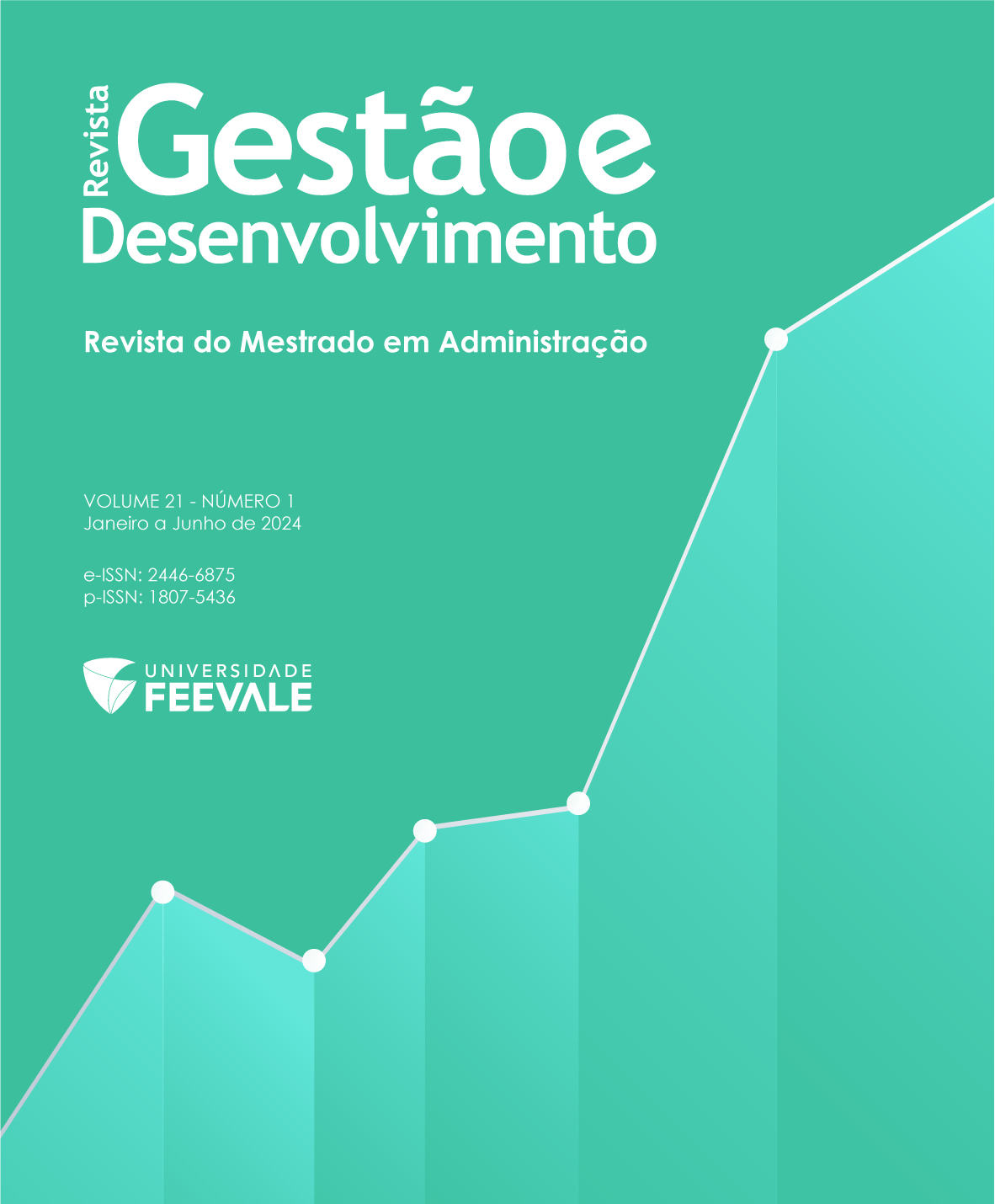ASSOCIATIVISM AMONG URBAN WASTE PICKERS IN BRAZIL
DOI:
https://doi.org/10.25112/rgd.v21i1.3465Resumo
The article is based on the Sociopoetics methodology and is theoretically supported by Boaventura de Sousa Santos’ critical sociology, especially the sociology of absences and emergencies and the prospect of Epistemologies of the South. It was conducted with recycling cooperatives in the city of Canoas, southern Brazil. The object is the knowledge and social practices produced in contexts of collective life among poor workers who have in the association to collection and treatment of urban recyclables an alternative to improve their living conditions. Knowledge involves perceptions and representations covering identity and sociocultural expressions of these subjects. The research conducted so far shows that precariousness and social disqualification remain in their daily experiences; economic inclusion is limited, and the obtained income is not always enough. There is, however, the ability to produce processes of change in their living conditions by entering in a context of political participation and access to public policies.
Downloads
Publicado
Como Citar
Edição
Seção
Licença
Copyright (c) 2024 Marília Veronese, Julice Salvagni

Este trabalho está licenciado sob uma licença Creative Commons Attribution 4.0 International License.
• Os autores mantêm os direitos autorais e concedem à revista o direito de primeira publicação com o trabalho licenciado sob a Licença Creative Commons - Attribution 4.0 International (CC BY 4.0).
• Os autores são estimulados a publicar e distribuir seu trabalho online (ex.: em repositórios institucionais ou na sua página pessoal), pois isso pode aumentar o impacto e a citação do trabalho publicado.



